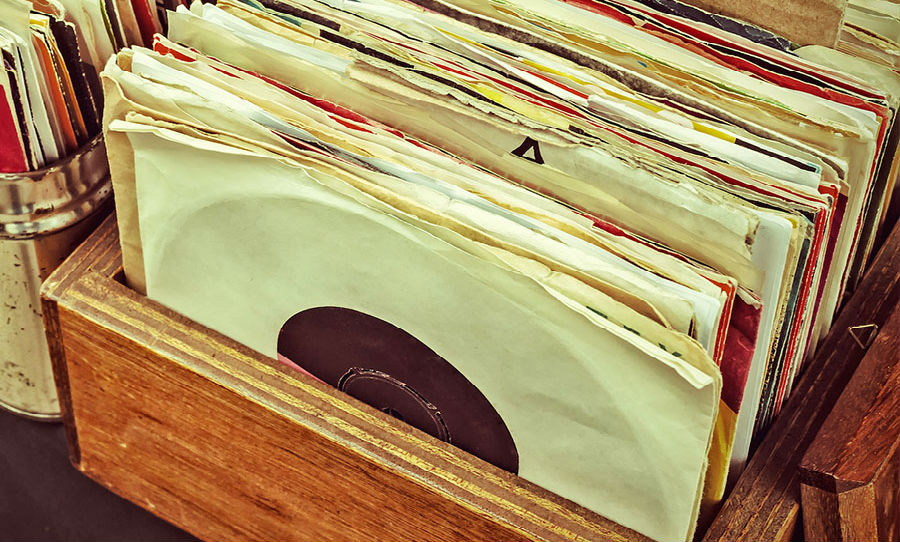A recent study exploring the emotional sentiment of pop music lyricism has exposed the gradual decline in lyrics pertaining to joy, confidence and openness and the steady increase in songs that detail sadness, anger and disgust.
In a paper published in the Journal of Popular Music Studies, researchers investigated over six thousand chart-topping tracks that reached Billboard’s Hot 100 countdown between the years of 1951 and 2016.

A recent study has concluded that musicians seem to be getting more jaded as time goes on, with the revelation that lyrics in pop music are straying further from joy, confidence and openness.
According to the recent language-based qualitative analysis, chart-topping songs released during the mid-1950s were the least angry during the entire time span (with the exception of a few years between 1982-84).
“Although love and romance have always been the most dominant topic of popular music, lyrics and lyrical styles have changed significantly across the decades, reflecting social and political changes,” one of the study’s authors explained.
“In general, the results show a clear trend toward a more negative tone in pop music lyrics, with a more significant change around the early 1990s. That trend can also be explained by changes in social values, reflected through changes in mainstream popular music. The results show that anger, disgust, fear, sadness, and conscientiousness have increased significantly, while joy, confidence, and openness expressed in pop song lyrics have declined.”
The study showed that anger in lyrics really started to sky-rocket in the late ’80s and early ’90s. Perhaps it’s just a coincidence that music became angrier and more disdainful as the Internet continued to grow.
Young musicians became too clued into what was going on in the world, both politically, culturally and environmentally. Music has become one of the most prominent platforms for social activism and political rebellion.
The blissful ignorance of the ’50s and ’60s couldn’t last forever. Or maybe we’re overdue for another period of widespread artistic happiness… let’s hope so!
Via Psychology Today.


